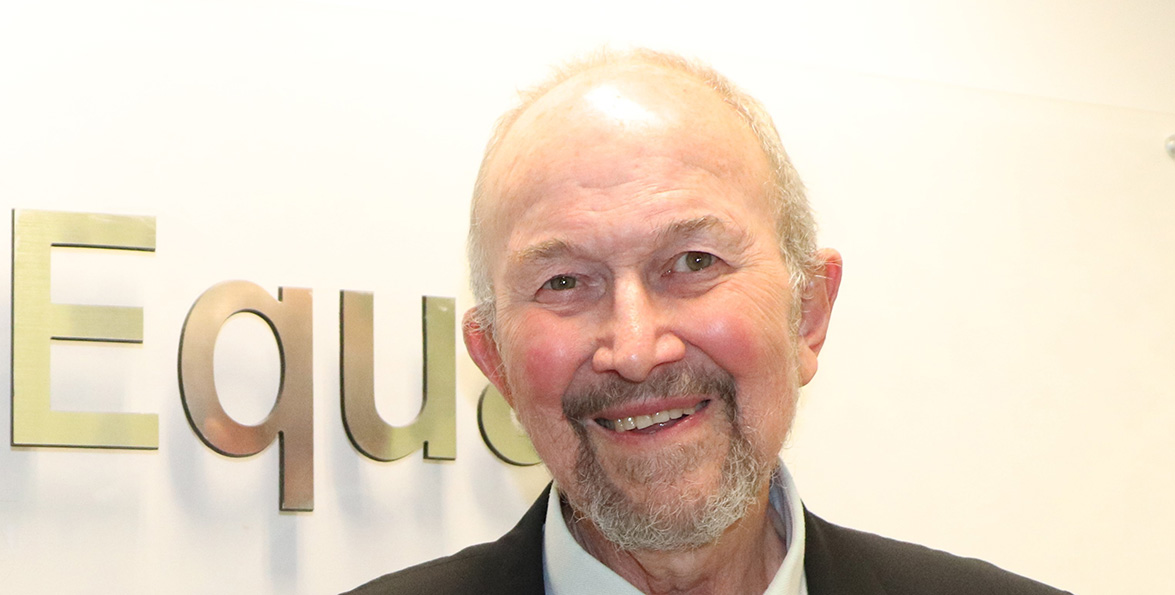
While this festival occurs far from our state, the widescale attention it attracts highlights topics that are important for Western Australians, and indeed, all Australians.
I write this article on Wadjuk Noongar Boodjar and acknowledge the Wadjuk people’s custodianship of Noongar country and its waters. I pay my respects to Noongar elders past and present and the wisdom in their knowledge and customs.
The Yothu Yindi Foundation hosts the Garma Festival which over the past two decades has grown to become Australia’s largest Aboriginal gathering and provides a meeting point for clans and families, an authentic environment to share the rich knowledge systems and customs of the Yolngu people through art, song, dance and storytelling.
This year’s festival took place 2-5 August 2024 and justifiably garnered significant national media coverage. Prominent figures in strategic positions attended the festival. In my view their positive statements were well expressed and received, and some speakers noted about their own remarks, that while words are important, action is imperative – a sentiment echoed by others.
The mission of the Yothu Yindi Foundation is ‘for Yolngu and other Indigenous Australians to have the same level of well-being and life opportunities as non-Indigenous Australians.’ This mission sits at the heart of Garma, and its crucial message is powerfully highlighted by the festival.
I see a resonance between the mission of the Yothu Yindi Foundation and the mission of the Equal Opportunity Commission WA (Commission) which seeks to promote both formal and substantive equality towards achieving an inclusive community, free of discrimination.
The Commission relies on the Equal Opportunity Act 1984 (the Act) as the foundation in pursuing achievement of its mission. The Act promotes equality of opportunity in Western Australia and provides remedies in respect of unlawful discrimination. The objects of the Act encompass to eliminate, so far as possible, discrimination against persons on grounds including race, as well as to promote recognition and acceptance within the community of the equality of persons of all races and of all persons regardless of their sexual orientation, religious or political convictions or impairments or ages.
Once again, the Garma Festival has reminded us of the importance of the reciprocal relationship of reflection and looking forward. This, together with its theme of ‘fire, strength, renewal’ invites each of us to engage in ongoing discussion, the sharing of ideas, rekindling hope and encouraging everyone to continue building communities that value and provide equal opportunity to each person.


